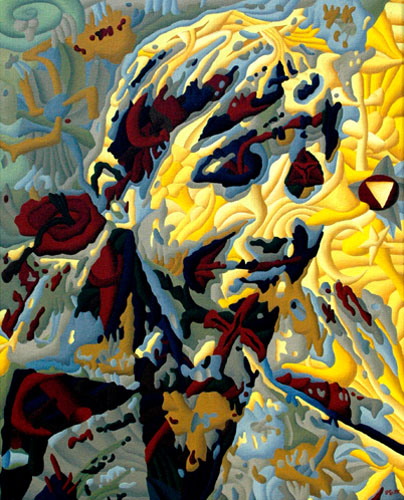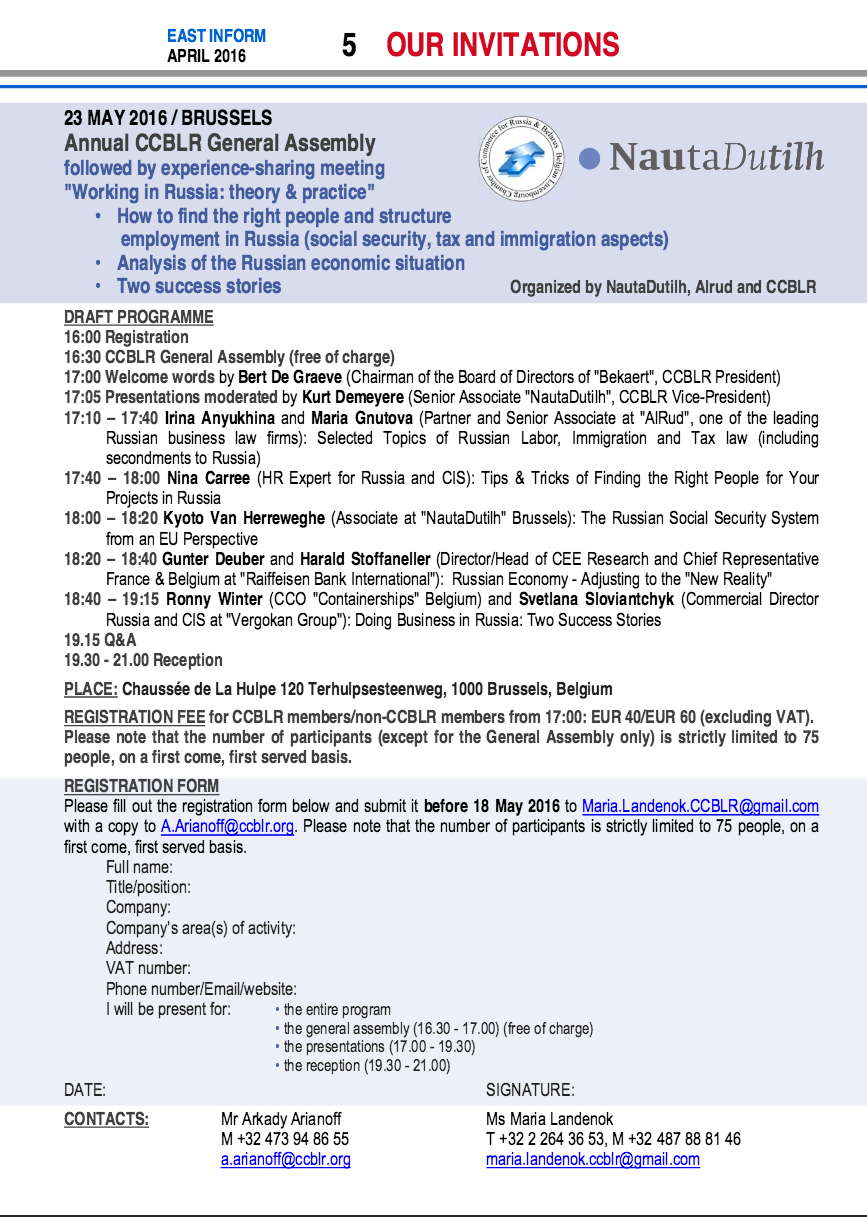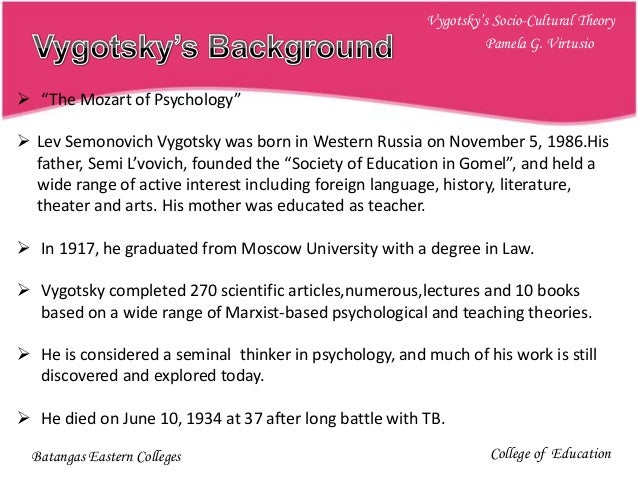What, exactly, Stein has to do with Trump Jr.’s meeting last summer with Russian lawyer Natalia Veselnitskaya is unclear, as the Senate Judiciary Committee provided no context for its demands, which are to be honored by August 2.



Literary Theory “Literary theory” is the body of ideas and methods we use in the practical reading of literature. By literary theory we refer not to the meaning of a work of literature but to the theories that reveal what literature can mean.

The fifth season of the American sitcom The Big Bang Theory was originally aired on CBS from September 22, 2011, to May 10, 2012, over 24 episodes.. At the 64th Primetime Emmy Awards, The Big Bang Theory was nominated for Outstanding Comedy Series, but Modern Family on ABC won.
The second element, around which publications abound (see notably Mary Kaldor’s work, Theory Talk #30), is the deep mutation of the nature of conflict.War used to be, in the Westphalian model, a matter of competition between powers.

Soviet montage theory is an approach to understanding and creating cinema that relies heavily upon editing (montage is French for “assembly” or “editing”). It is the principal contribution of Soviet film theorists to global cinema, and brought formalism to …
The fact that the nerve agent the UK claims was used to poison a Russian ex-spy and his teen was being produced in the Czech Republic is a “powerful blow” to the UK theory that Russia is to blame, a Russian Senator has said.
Marco Rubio Pushes Left-Wing Conspiracy Theory About Trump Advancing Russian Interests in Ukraine Andrew Harrer/Bloomberg via Getty Images 13 Jun 2017



New Criticism. A literary movement that started in the late 1920s and 1930s and originated in reaction to traditional criticism that new critics saw as largely concerned with matters extraneous to the text, e.g., with the biography or psychology of the author or the work’s relationship to literary history.

Jul 10, 2017 · NYT Russian Lawyer Story Proves Dems Helped Create Trump-Russia Conspiracy Theory
Are Russian Jews Descended from the Khazars? A Reassessment Based upon the Latest Historical, Archaeological, Linguistic, and Genetic Evidence
